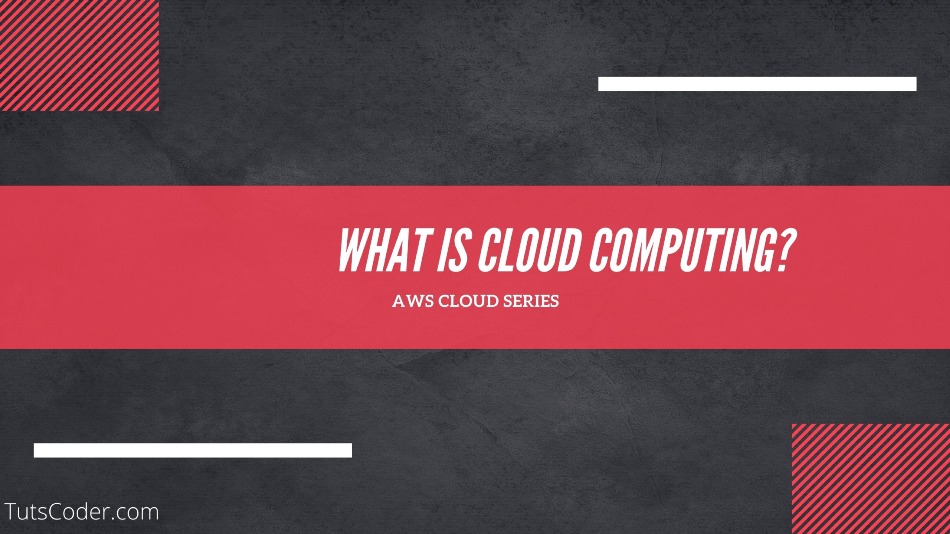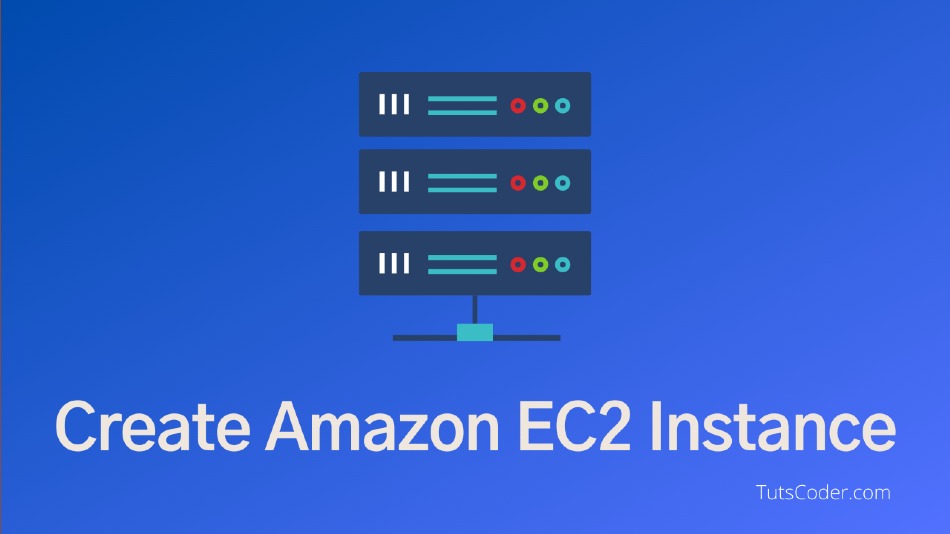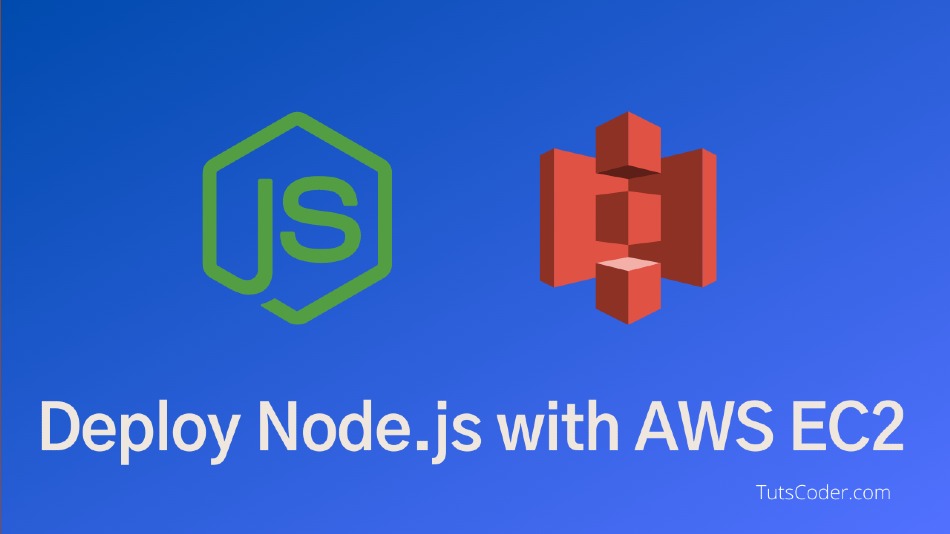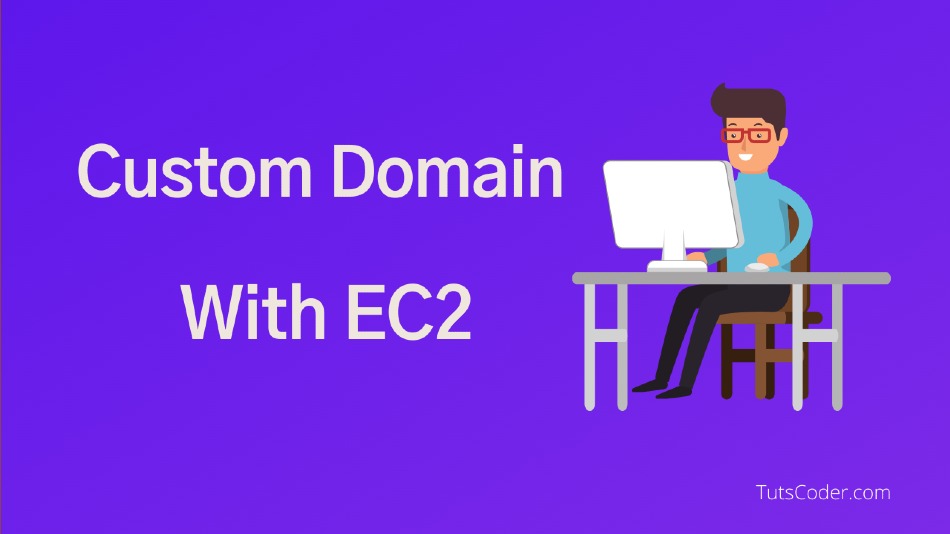In this tutorial, we will learn about what is Cloud computing and how it works.
In this article, we will cover,
- How do Websites work?
- Traditional IT Overview
- What is Cloud Computing?
- Why Cloud Computing?
Before learning about cloud computing, we should understand how exactly a website is working.
So, let's understand this first...
How do Websites work?
Well, we have a server hosted somewhere, and we, as a web browser, want to get access to that server to visualize websites.
What we are going to do as a client is use a network.
A network between ourselves and the server, and the client will find the network and will use network to route the packets, the data into the server, then the server will reply to us, and we will get the response, and we can view a website.

Now for the clients to find the server and the server to find the clients, you need to have IP addresses.
So a clients have IP addresses and a server also have an IP address. And so the idea is that when you use an IP address, you can send a request to wherever you want to the server you want, and the server can know how to find you back.
Traditional IT Overview
Before cloud computing When people want to start websites or companies, they used to do it in their home or office, and so they would literally go to the store, buy a server, and they put the server in their home.
You may have read some documentation on the internet that describes how Google was made. You know, Google was started in a garage.
Now, as your website grows, you need to add more and more servers to serve that demand, and so your home starts to be filled with servers and when your company is getting bigger, you're generating some money, so you're going to move to your own office, and you decide to allocate a special room which is going to be called a data center.

In a data center, you're going to have, again, your servers, and you're going to be able to scale them by adding and purchasing more and more servers.
Now this worked, and this worked for so many years, but there are a few problems with this approach.
1) Needs more space :
When you have a data center or your own home, you're going to have to pay your rent, then you're going to have to add a power supply, cooling, and maintenance because it does require some electricity to run your servers, it does require some cooling because the servers do get hot, and sometimes they break down, so you need someone to do the maintenance.
On top of it, if you want to add or replace servers, it will take a lot of time because you have to order them, and then you have to hook them up in your center.
2 ) Scaling is limited :
If tomorrow you're getting 10 times bigger, you're going to need 10 times more servers, but you may not have the time or the space to do so.
3 ) Requires more manpower's:
You also need to hire a team that is going to be there all the time, 24/7 to monitor the infrastructure in case something goes wrong.
4 ) Can't handle disaster :
And what if there is a disaster, what if there is an earthquake, what if there's a power shutdown, or even a fire?
So can we externalize all this? And the answer is yes, and that will be the cloud.
What is Cloud Computing?
Cloud computing is the on-demand delivery of computing power, database storage, application, and other IT resources.
Here very important keyword here is on-demand which means you get it when you need it.
And then through a cloud service platform, you're going to get a pay-as-you-go pricing.
That means that you're only going to pay for what you requested when you requested it and as you're using it, when you're done using it, you're not going to pay anymore.
So, this is called Cloud Computing.

The vendors/companies providing these services are called Cloud service provider like GCP (google cloud platform), AWS (Amazon web services), Azure by Microsoft.
For instance, Gmail/Google drive is a service provided by Google, where they provide a platform and some storage for free (15GB free storage) and charges on subsequent storage.
The biggest multinational giants like Netflix, Reddit, NASA, Quora, Airbnb, etc... are using AWS.
Why Cloud Computing?
So, the first question will arise why we needed cloud computing, why was it introduced in the market?
Let's assume you want to start a business and want to make an application then you have to set up your infrastructure for managing your own servers which was costlier, and also needs some manpower to manage it.
Challenges:
1.Invest Heavliy for setup
2. Invest in Resource
3.Scalialbty
4.Less time to focus on business
These are the some most faced challenges can be overcome by using cloud computing.
Benefits of Cloud Computing:
- No need to purchase costly Hardware
- No compelling reason to keep up with racks of servers, 24 hours power to furnish them with power and cooling
- Ne needs to hire highly skilled IT experts to maintain the servers
- No need to wait for software updates, as the provider ensures they are running on the latest software versions.
- You just have to pay for the services that you utilized, based on either your time of utilization or the amount of utilization.
Conclusion:
I hope this article is helpful to you.
If you found this post informative, then please share it on your social media.







Leave a Comment
Comments (1)
This is a very helpful article for, and I hope you will share more with new trends. Thank You. <a href="http://https://designslegend.com/illustration//">Web Development Company Texas</a>
Share Your Thoughts